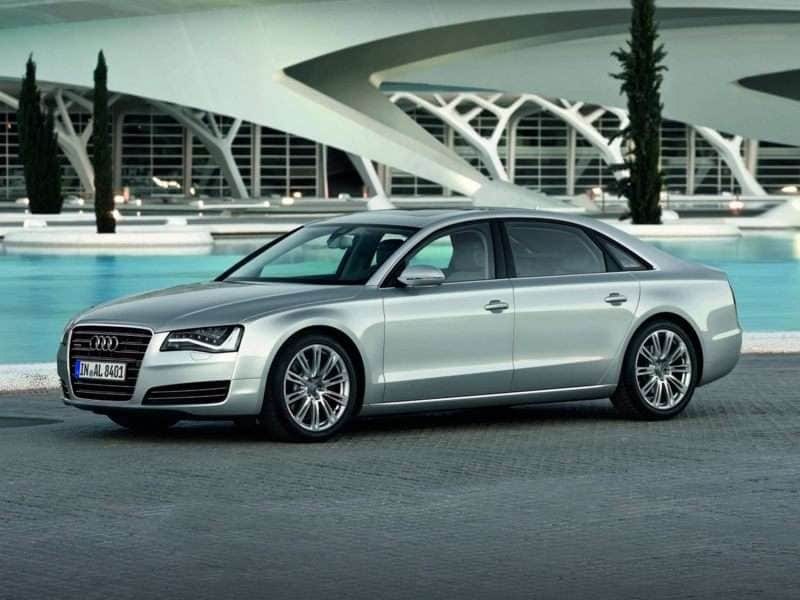Recent Articles
Popular Makes
Body Types
What Used Cars Gets the Best Gas Mileage?
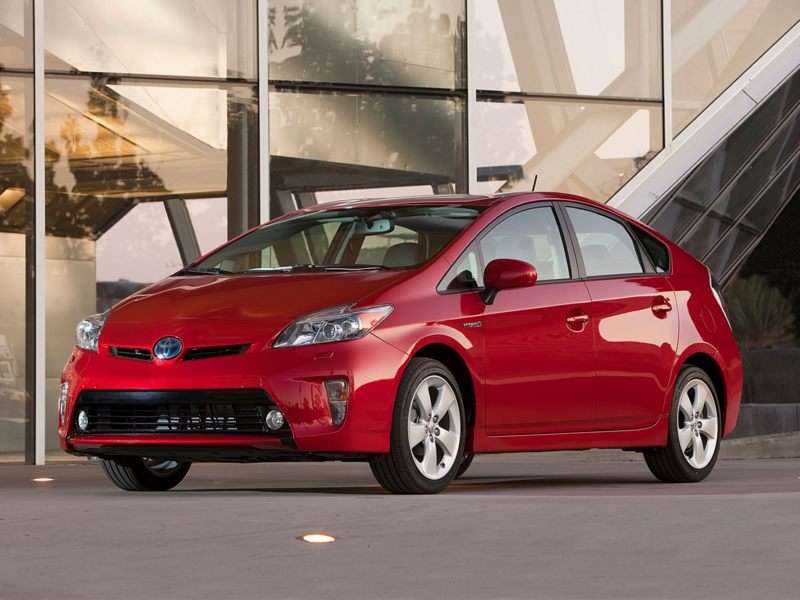
Answering the question “What cars gets the best gas mileage?” is a fairly simple exercise; after all, it just takes a quick trip to the www.FuelEconomy.gov website to discover that the Scion iQ EV has the top efficiency ratings in the industry, with marks of 138 mpg city/105 mpg highway/121 mpg combined. The problem is, that answer won’t help too many real-world shoppers since the vehicle isn’t actually sold to the public. And neither is the No. 2 car on the EPA’s list, the Honda Fit EV. Now, it’s true you can lease the Honda in a growing number of markets.
In fact, outside of the Tesla Model S, which sold about 1,400 units last month, no other entry on the EPA’s roster of top-10 most efficient vehicles in America sold more than 337 units in February. But not only is it hard to get your hands on these vehicles, just finding the car with the best gas mileage won’t help if it doesn’t meet an owner’s needs in other areas, too.
With this in mind, Autobytel has put its own spin on determining what car gets the best gas mileage by taking plug-in hybrids and EVs out of the picture and focusing on the top choices in some of the key mainstream vehicle segments.
(Note: All fuel-economy ratings have been taken directly from the EPA’s results.)
Best Gas Mileage in the Subcompact Segment
Keeping in mind that the Smart ForTwo and Scion iQ are both sub-subcompacts, the EPA rates the Chevy Spark as the car with the best gas mileage in the subcompact class—34 mpg combined. However, there are a few disclaimers: First, the Spark is a good 12 inches shorter than traditional subcompacts like the Honda Fit or Ford Fiesta, which could be an issue for some owners. Also, the baby from the Bowtie brand prioritizes urban driving, so while it tops out at 38 mpg on the highway—as compared to 40 mpg from some rivals—it more than makes up for that with a 32 mpg grade in city driving—versus 29 mpg for the Ford, for example.
Then there’s the Nissan Versa Sedan. The country’s least-expensive new vehicle is considered a subcompact by most folks, including those at Nissan, but it’s designated a compact by the EPA because of its relatively outsized cabin. In other words, the Versa, with an EPA line of 31/40/35, also has a strong claim to the title of best fuel-economy car among the mainstream subcompacts.
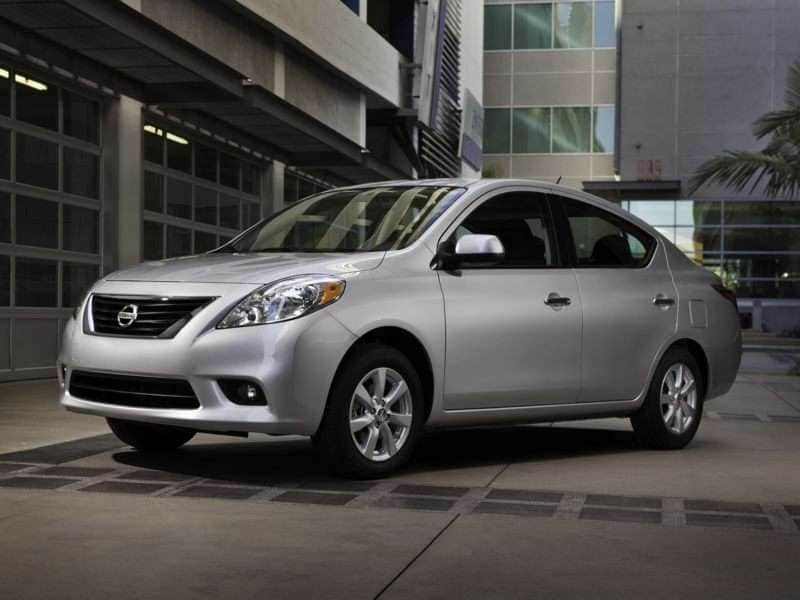
Photo by Nissan
Best Gas Mileage in the Compact Segment
Here, the government gives the nod to the Toyota Prius c, which features marks of 53 mpg city/46 mpg highway/50 mpg combined. But once again, the EPA’s singular system of arranging vehicle segments means that the car with the best gas mileage in the compact class isn’t likely to find its way onto more-mainstream shopping lists. There, the 2013 Volkswagen Jetta Hybrid is a more likely choice to lead the way, especially since it can post EPA scores of 42 mpg city/48 mpg highway/45 mpg combined.
It’s also worth noting that the diesel-powered Jetta is the compact car with the best gas mileage in the non-hybrid division, thanks to an EPA line of 30/42/34.
As far as what car gets the best gas mileage in the compact segment with a regular gasoline engine, that honor falls to the Chevrolet Cruze Eco, proud possessor of EPA marks that reach 28 mpg city/42 mpg highway/33 mpg combined. (Of course, even the Cruze Eco doesn’t really rely on a “regular gasoline engine,” since it’s motivated by a turbocharged powerplant.)
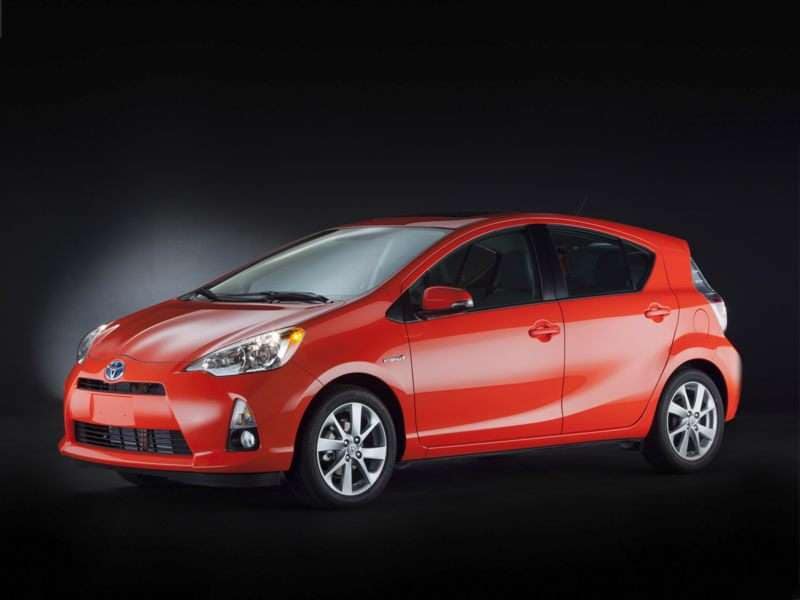
Best Gas Mileage in the Midsize Segment
As readers should now expect, identifying the midsize car with the best gas mileage first requires defining exactly what a midsize car is. For the EPA, it’s a vehicle like the Toyota Prius Hybrid; for the majority of U.S. shoppers, it’s a vehicle like the Ford Fusion Hybrid.
In terms of what car gets the best gas mileage, that’s the Prius, but the results are closer than you may think. The former remains tied with its smaller sibling, the Prius c, for the highest combined EPA ratings in the country, and it boasts a full line of 51/48/50. The latter, showing off its striking new sheet metal, has been certified to achieve 47 mpg city/47 mpg highway/47 mpg combined. (However, it must be admitted that the Blue Oval is facing some sharp scrutiny—and a class-action lawsuit—over the Fusion Hybrid’s fuel-economy performance.)
If a hybrid isn’t your bag, the mid-size segment's best fuel-economy cars also include a trio of high-efficiency choices without hybrid or plug-in technology:
- Mazda Mazda6—26/38/30
- Nissan Altima—27/38/31
- VW Passat TDI (diesel)—31/43/35
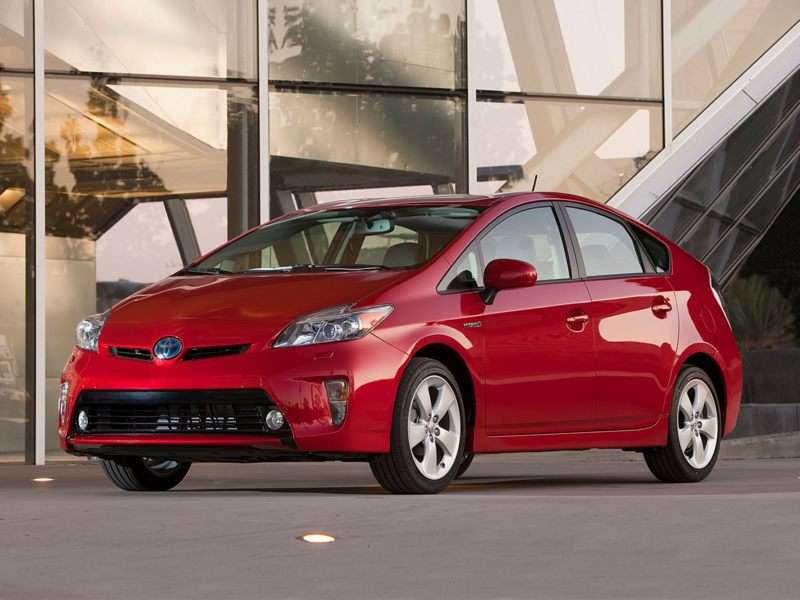
Best Gas Mileage in the Large Segment
The EPA currently designates the Ford C-MAX as the answer to the question “What car gets the best gas mileage in the large segment?” Which is great news if you’re looking for a fairly spacious multi-purpose-type vehicle that can get 47 mpg across all EPA testing cycles. (And if that Ford fuel-efficiency lawsuit doesn’t concern you since the C-MAX is caught up in that controversy as well.)
Yet even for sedan fans, the large-car segment is now starting to offer some unexpectedly robust fuel-economy performances, led by the Toyota Avalon Hybrid. The all-new semi-near-luxury sedan rings up an EPA line of 40 mpg city/39 mpg highway/40 mpg combined, and the standard Avalon owns a slight fuel-economy edge as the non-hybrid car with the best gas mileage in its segment: 21 mpg city/31 mpg highway/24 mpg combined.
And somewhere in the middle is the Buick LaCrosse with GM’s e-Assist light-hybrid technology; it serves up EPA grades that can reach 25 mpg city/36 mpg highway/29 mpg combined.
(FYI: The Chevy Impala is expected to get up to 31 mpg in its standard configuration and 35 mpg with e-Assist.)
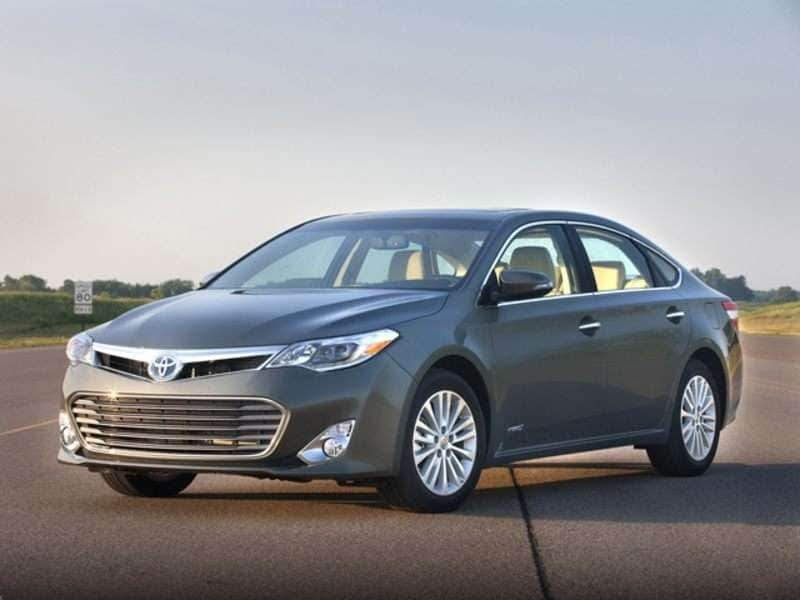
Photo by Toyota
Best Gas Mileage in the Entry Premium Segment
The Lincoln MKZ Hybrid is the car with the best gas mileage in the Entry Premium class. Per the EPA, the MKZ Hybrid can reach 45 mpg city/45 mpg highway/45 mpg combined. And remember, even though the MKZ Hybrid relies on the same advanced technologies that help propel the Ford Fusion Hybrid, the Lincoln now boasts its own, truly exclusive design and hardware, ranging from its comprehensive Lincoln Drive Control system to one of the widest-opening sunroofs in the industry.
Drivers who want to emphasize the “entry” in “entry luxury” should also keep their eyes on the Acura ILX Hybrid as a best fuel-economy car choice. It’s about $7,000 less than the Lincoln, albeit also with less luxury and lower EPA grades of 39/38/38.
What car gets the best gas mileage in the entry-premium segment without help from a hybrid system? The BMW 320i just might fit the bill, since the all-new sport sedan is now capable of reaching 23 mpg city/36 mpg highway/27 mpg combined. And it does so without sacrificing its athletic character, as the 320i can run from 0-60 in 7.1 seconds and hit a top speed of 130 mph.
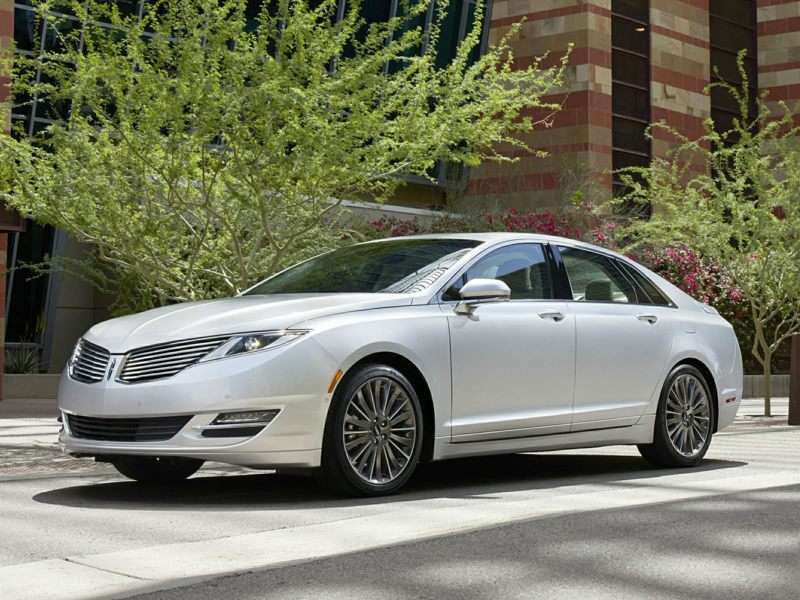
Best Gas Mileage in the Luxury Segment
The hybrid high tide has even reached the true luxury segments, but by the time you get to full-size, full-on luxury choices the car that gets the best gas mileage—especially in combination with its ultra-premium amenities—is the forthcoming Audi A8L TDI. That “TDI” moniker, of course, means turbocharged clean-diesel power, and the range-topper from the four-rings brand has plenty. The vehicle’s 3.0-liter V6 engine makes 240 hp and a whopping 406 lb.-f6. of torque, which is enough to rush drivers from 0-60 in 6.4 seconds.
Yet at the same time, the Audi lives up to its billing as the car that gets the best gas mileage in its segment because it posts fuel-efficiency marks of 24 mpg city/36 mpg highway/28 mpg combined—despite stretching 207 inches, weighing more than 4,400 lbs. and boasting Audi’s Quattro all-wheel drive as part of its standard equipment.
To put that feat into context, the comparably sized Lexus LS 600h L, although it is a noticeably faster car, pays the price with fuel-economy scores of 19/23/20.
